Poles pioneered polar research, an important area of today’s global environment insight
Only 20 countries run year-round scientific research stations in the Antarctic, which gives them access to this largest natural “laboratory of nature” with a potential for ambitious research programs and international cooperation. The extreme climatic conditions prevailing in the Antarctic, the stringent environmental protection requirements and the huge logistic demands involved in maintaining research stations and running scientific programmes make this region also a testing ground for new technologies. Antarctica has now also become one of the most important areas for research into environmental change of the planet.
Polish scientists who were among the pioneers of Antarctic research followed in the footsteps of their compatriot Henryk Arctowski, a traveller, geophysicist and a geographer. After studying in Belgium, aged just 26, Arctowski co-organised an Antarctic expedition in 1897, thus beginning his years-long polar research adventure. The expedition sailed to their planned location and would be the first ever to winter in the Antarctic ice.
Arctowski's research spawned many new and revealing scientific hypotheses, including the hypothesis of the Antarctandes, confirmed now by modern science, i.e. a mountain system linking features of the geological structure of the South American Andes with these of the mountains of Graham's Land across on the Antarctic Peninsula. The theory of wave movement of cyclones was also developed, as well as the theory concerning the causes for a deeper setting of the Antarctic shelf than found on other continental margins. In later years, Arctowski participated in research project on Spitsbergen and held several important positions in natural history museums and at universities in Belgium, the United States and Poland. He has lent his name to a peninsula and a nunatak in Antarctica, a mountain and a glacier on Spitsbergen and to the Polish scientific Antarctic station on the South Shetland Islands.
For long decades, Polish scientists have continued these fine traditions, conducting extensive research in polar regions using both year-round and seasonally operating stations. Year-round stations are of particular importance and Poland has one each in the southern and northern hemisphere: the Henryk Arctowski Polish Antarctic Station and the Stanisław Siedlecki Polish Polar Station, Hornsund, in southern Spitsbergen.
Established in 1977, the Henryk Arctowski Polish Antarctic Station is a scientific and research unit managed by the Institute of Biochemistry and Biophysics of the Polish Academy of Sciences. The station, located more than 14,000 km from Poland on King George Island, is involved in scientific research in the areas of oceanography, geology, glaciology, geomorphology, climatology, microbiology, botany, ecology, ornithology, genetics, marine biology and chemistry, cartography, as well as its responsibility for an on-going environmental monitoring effort. Researchers working from the station look at the variability of polar ecosystems, at the evolution, structure and dynamics of biodiversity, and at the impact of climate change observed in the region of the Antarctic Peninsula on the functioning of marine and terrestrial ecosystems. The materials and data collected during over 40 years of continuous research constitute an established contribution to world science.
From today’s perspective, some of the particularly important studies include research relevant to the global climate change, the environmental monitoring of the size and condition of seabird and pinniped populations providing in turn important insight about the condition of the entire ecosystem, and the monitoring of carbon concentrations in precipitation in all its forms (such as rain or snow) to determine the potential inflow of pollutants from both distant and local atmospheric transport.
According to the Protocol on Environmental Protection to the Antarctic Treaty, the whole of the Antarctic is a natural reserve dedicated to peace and science. However, it is important to bear in mind the situation at the other pole of our globe, in the Arctic. Despite concerns about its unique environment, the region’s countries are vying for influence and encourage their mining companies to explore for oil and gas. Alarming views about the depletion of the Earth's natural resources have been heard at least since the publication of the first report of the Club of Rome in 1972. Indeed, as the debate about the future availability of energy on Earth intensifies, the temptation to explore areas that have not yet been tapped will only intensify.
The other of the most important Polish polar stations, i.e. the Stanisław Siedlecki Polish Polar Station, Hornsund, in the Arctic, began as a seasonal operation in 1957 and extended its activity to year-round in 1978. It is managed by the Institute of Geophysics of the Polish Academy of Sciences. The research conducted there is aimed at better understanding of the Arctic natural system and the changes occurring in it, mainly in the context of climate change.
It may be concluded with satisfaction that research conducted out of the Polish polar stations has been enjoying deserved international renown and providing a significant contribution to worldwide research in an area crucial for the future of our planet.
Prof. Michał KLEIBER
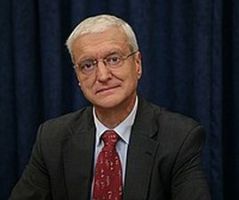
Editor-in-chief of „Wszystko Co Najważniejsze”. Professor and lecturer at the Polish Academy of Sciences. President of the Polish Academy of Sciences 2007-20015, Minister of Science and Computerization 2001-2005, in 2006-2010, a social adviser to President Lech Kaczyński. Vice-Chairman of the Polish Committee for UNESCO. Knight of the Order of the White Eagle.
The text is simultaneously published in the Polish monthly opinion "Wszystko Co Najważniejsze" as part of a project carried out with the Institute of National Remembrance and the Poland’s central bank (Narodowy Bank Polski.


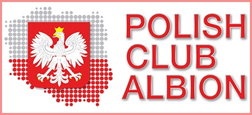

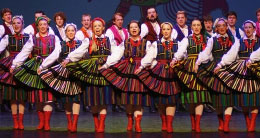
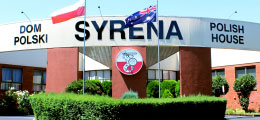

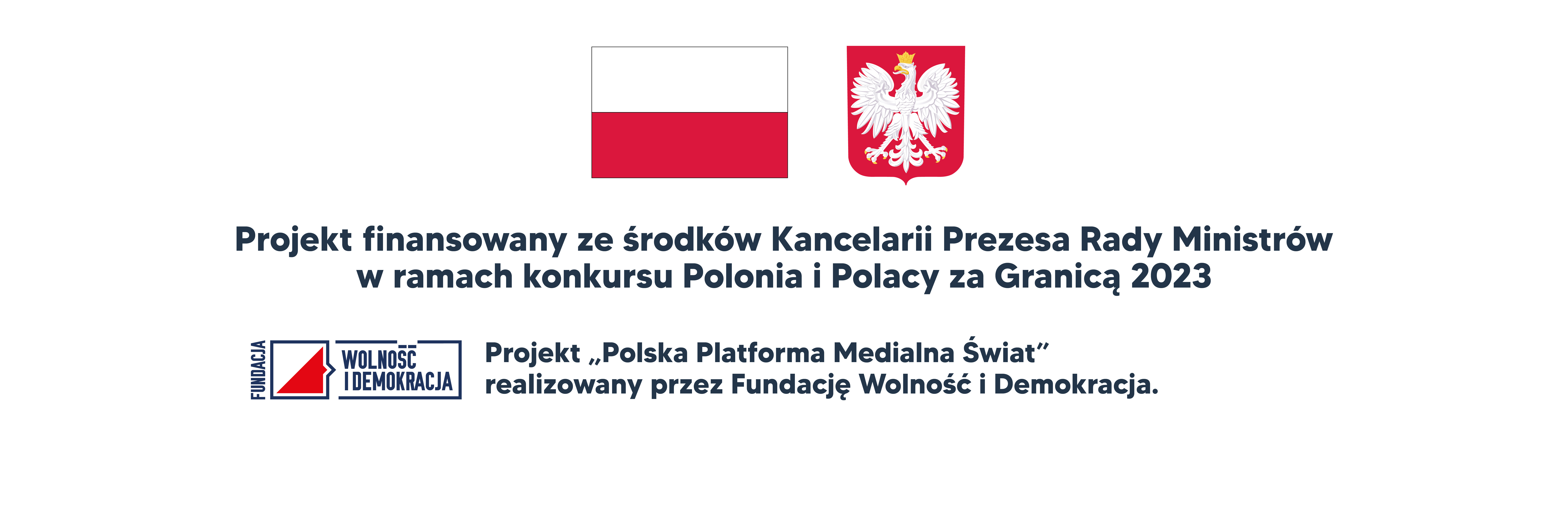

 Head Office:
Head Office: